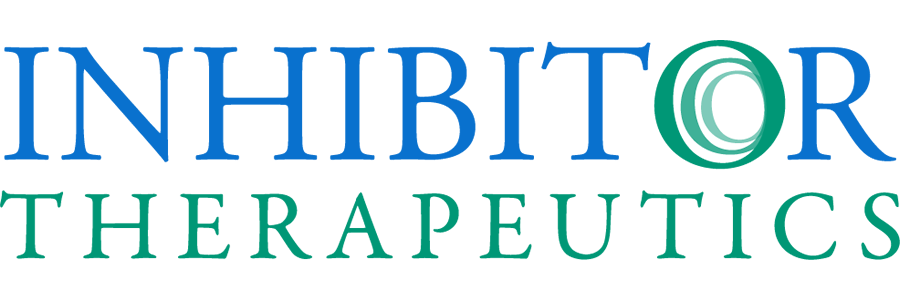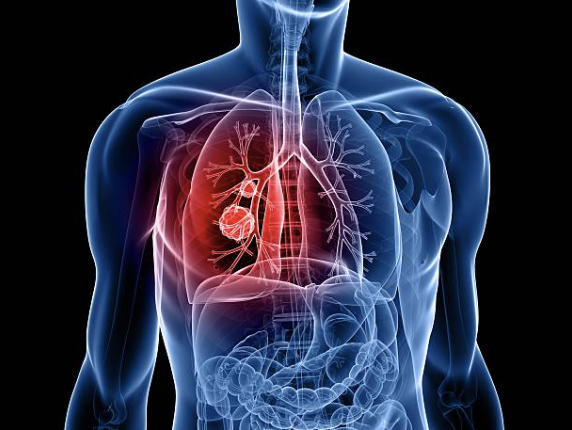ITRACONAZOLE IN NSCLC
Similarly, to itraconazole in mCRPC, the use of itraconazole in NSCLC was discovered when conducting a screen for selective inhibitors of endothelial cell proliferation itraconazole was identified as a novel agent with potential antiangiogenic activity. Itraconazole consistently shows potent, specific, and dose-dependent inhibition of endothelial cell proliferation, migration, and tube formation. Itraconazole significantly enhanced the antitumor efficacy of the chemotherapeutic agent cisplatin in the same model systems. Taken together, data suggests that itraconazole has potent and selective inhibitory activity against multiple key aspects of tumor-associated angiogenesis in vitro and vivo, and strongly support clinical translation of its use.
In xenograft models NSCLC tumor cells isolated from bronchoscopic biopsy specimens were prepared into single-cell suspensions, mixed with Matrigel in equal volume and injected as a subcutaneous bolus into nonobese diabetic (NOD)/severe combined immunodeficient (SCID) mice. Primary tumors were maintained solely in immunocompromised mice solely by serial passage. Mice were then treated with either vehicle control, itraconazole, cisplatin or a combination of both. Itraconazole showed equipotent, dose-dependent inhibition of human umbilical vein endothelial cells (HUVECs) in all growth factor-simulated conditions tested.
The initial findings have more important clinical implications for potential use of itraconazole as a novel antiangiogenic agent and strongly support both further investigation of the molecular mechanisms of action of this drug in endothelial cells, and clinical investigation in patients with lung cancer and other solid tumors.
– Itraconazole Inhibits Angiogenisis and Tumor Growth in Non-Small Cell Lung Cancer, 2011





